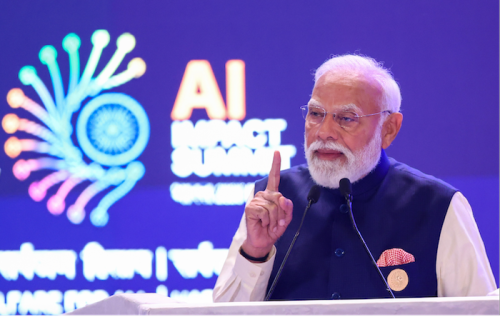AI-powered systems like natural language processing can be used to detect the crucial elements in unstructured data, transforming it into structured data that can be used to streamline a patient’s care journey and improve outcomes.
Artificial intelligence (AI) is one of the primary means for accomplishing this while also achieving greater efficiency, cost-effectiveness, and patient outcomes. One study showed that after the pandemic began, 84 percent of American healthcare systems began using AI or were planning to do so in 2020, up from 45 percent before the pandemic. The top uses were predictive analytics for early intervention, clinical decision support and improving patient care through collaboration among multiple specialists.
Specific to healthcare, AI-powered systems like natural language processing can be used to detect the crucial elements in unstructured data, transforming it into structured data that can be used to streamline a patient’s care journey and improve outcomes.
Consider radiology. Nearly three in every 10 Americans working in the field believe it could be made more efficient through the use of technology like AI. Indeed, AI can make CT and MR scans more precise, thereby freeing up technicians from image analysis and creating a more patient-centered experience.
Also, consider the manner in which AI can be used to predict and manage patient flow by using remote monitoring to determine where best to direct a given patient based on the seriousness of his or her condition or the availability of beds.
The Boston Global Forum (BGF), in collaboration with the United Nations Centennial Initiative, released a major work entitled Remaking the World – Toward an Age of Global Enlightenment. More than twenty distinguished leaders, scholars, analysts, and thinkers put forth unprecedented approaches to the challenges before us. These include President of the European Commission Ursula von der Leyen, Governor Michael Dukakis, Father of Internet Vint Cerf, Former Secretary of Defense Ash Carter, Harvard University Professors Joseph Nye and Thomas Patterson, MIT Professors Nazli Choucri and Alex ‘Sandy’ Pentland, and Vice President of European Parliament Eva Kaili. The BGF introduced core concepts shaping pathbreaking international initiatives, notably, the Social Contract for the AI Age, an AI International Accord, the Global Alliance for Digital Governance, the AI World Society (AIWS) Ecosystem, and AIWS City.











